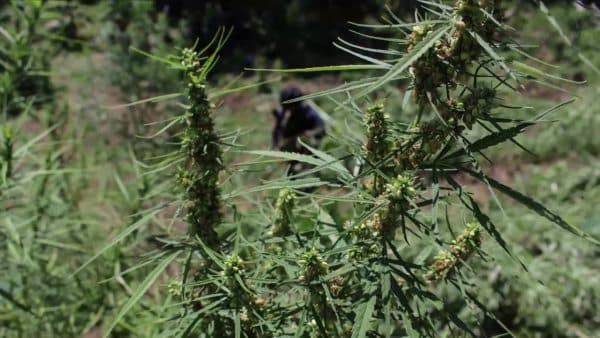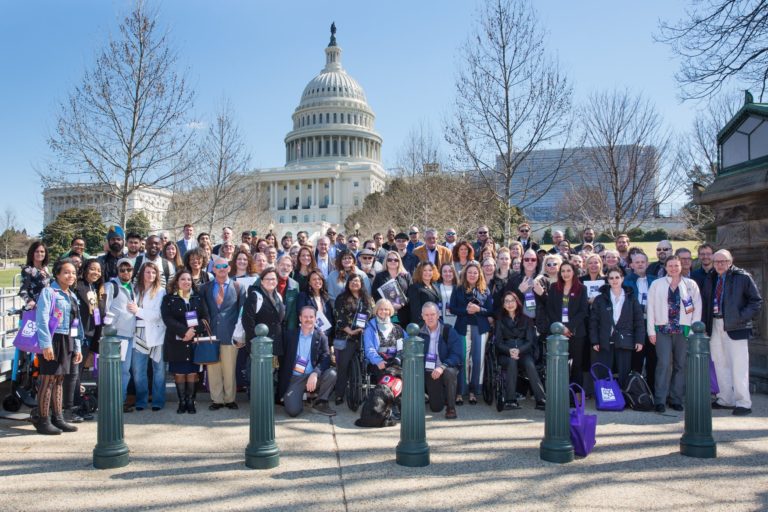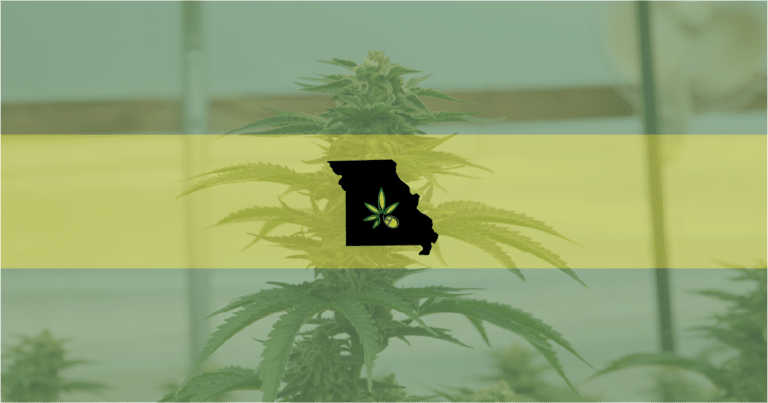
Now that the first ever cannabis compound to treat two rare forms of childhood epilepsy has been approved by the Food and Drug Administration (FDA) no one can afford to buy it.
Epidiolex, made by British-based GW Pharmaceuticals, told investors that it would cost roughly $32,500 per year.
Julian Gangolli, who leads GW’s commercialization efforts in the US, said the price keeps Epidiolex in line with other epilepsy drugs and was based on feedback from insurance companies.
Gangolli said that the wait time to receive the medication, after patients get a prescription, can be up to three weeks.
However, before any Epidiolex prescriptions for can be written, the DEA needs to reschedule cannabis, an active compound in CBD.
Currently, CBD is scheduled alongside marijuana as a Schedule 1 drug with no “accepted medical use.”
On June 25, 2018 when Epidiolex was FDA approved, the agency had 90 days to reschedule or reclassify it as a schedule 2, 3, 4, or 5 substance.
“We don’t have a choice on that,” DEA public affairs officer Barbara Carreno told Business Insider in June. It has not yet happened.
Although the green light from the DEA, when it does happen, means that patients will be able to access Epidiolex with a doctor’s prescription, how do they pay for it?
Will patients or parents of children with Lennox-Gastaut syndrome and Dravet syndrome seek out less expensive sources of CBD in dispensaries?
Researchers and advocates naturally caution against this, because of the impossibility of knowing the content of such products and their sources.
Gangolli offered some hope: with insurance, Epidiolex could be substantially cheaper than dispensary CBD.
“The cost of a co-pay [for Epidiolex] is significantly – or could be significantly – less onerous and burdensome than the cost of the product either over the Internet or from a dispensary,” Gangolli said, per the Business Insider.







